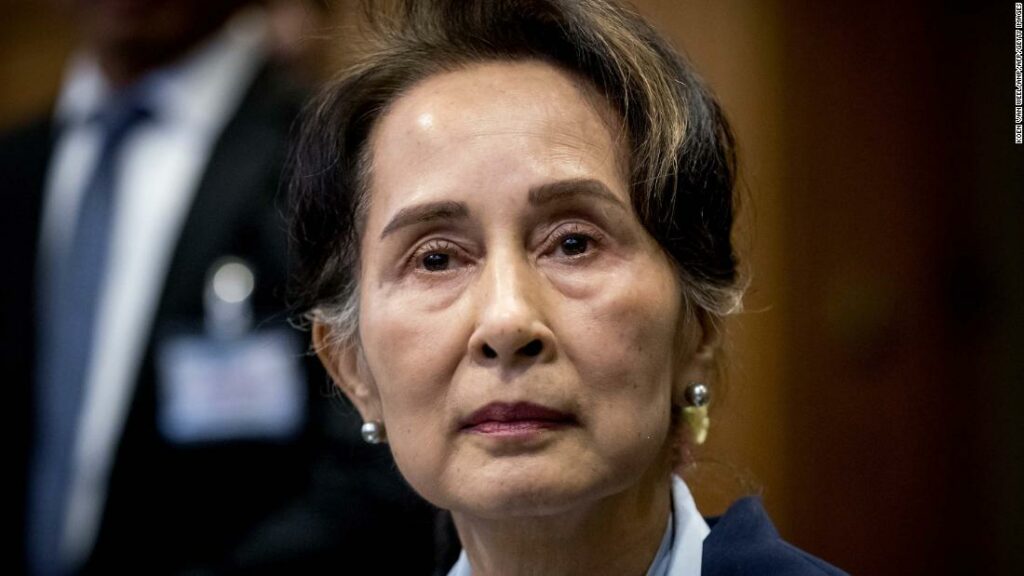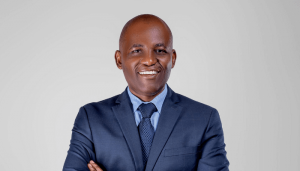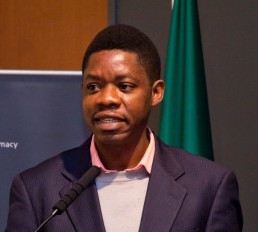Analysis: Why locking up Aung San Suu Kyi won’t stop Myanmar’s pro-democracy movement

United Nations Special Rapporteur for human rights in Myanmar, Tom Andrews, called the verdict a “theater of the absurd” and described the country’s ruling junta as “a criminal gang.” Human Rights Watch said the military was “using this sham court proceeding to wipe out all opposition to military dictatorship.”Her sentence, initially four years in prison on charges of incitement and breaking Covid-19 rules during election campaigning, was later reduced to two years by the junta, according to state TV. But the Nobel Peace laureate still faces 10 more charges that could see her imprisoned for the rest of her life. The verdict was not surprising. Suu Kyi, 76, was Myanmar’s state counselor and de facto leader of the country before she was ousted and detained by the military when it seized power 10 months ago. Since then, Suu Kyi has been held by the junta in an undisclosed location in the capital, Naypyidaw. She had denied all the charges and her supporters say the cases against her are politically motivated — intended to keep her out of the way while the military consolidates power. In a statement, Myanmar’s Ministry of Foreign Affairs said “every person is equal before the court and no one is above the law.”It criticized the UN and others for making a “one-sided judgment against the decision of the court which falls within the domestic jurisdiction of a sovereign country.” Myanmar’s military spokesperson did not reply to CNN’s request for additional comment. Once a democracy icon for her decades-long fight against military rule, Suu Kyi remains an important and beloved figure for many in Myanmar. But, analysts say, she is no longer the driving force of the country’s pro-democracy movement and anti-junta resistance. The country’s future is now being decided by the people — among striking workers, fighters taking up arms against the military and idealists drafting roadmaps of what an inclusive, federal Myanmar will look like.”What’s happening in Myanmar right now is certainly much, much bigger than a movement revolving around Daw Aung San Suu Kyi,” said Matt Smith, CEO and co-founder of non-profit Fortify Rights. Resistance against the military’s rule, he said, “is really being driven by the tens of millions of people and their desire for freedom and their desire for rights to democracy.”Who is Aung San Suu Kyi?The leading opposition figure emerged during Myanmar’s five decades of military rule and was lauded as an icon in the West for her non-violent struggle against the junta, having famously spent 15 years under house arrest. Known as “Mother Suu” to her supporters, Suu Kyi’s party won a lansdslide in 2015 elections — widely considered the first free and fair vote in decades — becoming Myanmar’s state counselor and de facto leader.But analysts say she ruled through a cult of personality and was reluctant to consider alternative points of view. Myanmar is an extremely diverse nation with more than 135 official ethnic nationalities. Many felt she ruled for the majority Buddhist Bamar, failed to take national reconciliation seriously, or ensure ethnic minorities had any political sway. “I think her biggest fault is that she didn’t empower democracy from the grassroots up — it was imposed down. She didn’t see democracy as the strengthening of institutions to be accountable, independent, and functional,” said David Mathieson, an independent Myanmar analyst. “A good democrat actually builds coalitions, and actually tries to see the other side, she had absolutely no interest in that.”Suu Kyi’s sentencing comes at a critical time for Myanmar and those opposed to the coup as the military junta digs its heels in, according to Fortify’s Smith. Arbitrary arrests of people who shape opinion in the country, like politicians, artists, writers, filmmakers, and doctors, are systematic. Reports of military offenses, including shelling and raids on villages, arson and displacement of people in the ethnic states of Chin, Karenni, Karen and Sagaing region, among others, are widespread. “They’re worried, they’re scared, they’re weak, in many ways, and the fact that they’re resorting to such horrifically brutal tactics is an indicator of their political weakness in the country. It’s the only tool they have, it’s the only tool that they can use to maintain power right now,” said Smith, referring to the military. While part of Suu Kyi’s international allure was tied to her credo of Ghandian non-violence, the situation inside of Myanmar has changed — with many now calling for active resistance. “Some of the international (community) and diplomats in Myanmar say that we cannot support the (People’s Defense Forces) because they use violent methods. Well this yardstick is totally irrelevant — it doesn’t apply to our situation,” said Khin Zaw Win, director of the Yangon-based think tank the Tampadipa Institute. “If you don’t resist, they will massacre you. Are we supposed to lie down and take it, when kids are being killed on their father’s laps?”Khin Zaw Win likened the violent elements to the French and Polish resistance during World War II.”In the beginning people looked to the United Nations to come to our aid,” he said, adding that the help did not come. “It just gravitates to the population to defend themselves … it has a great deal of public support.”







